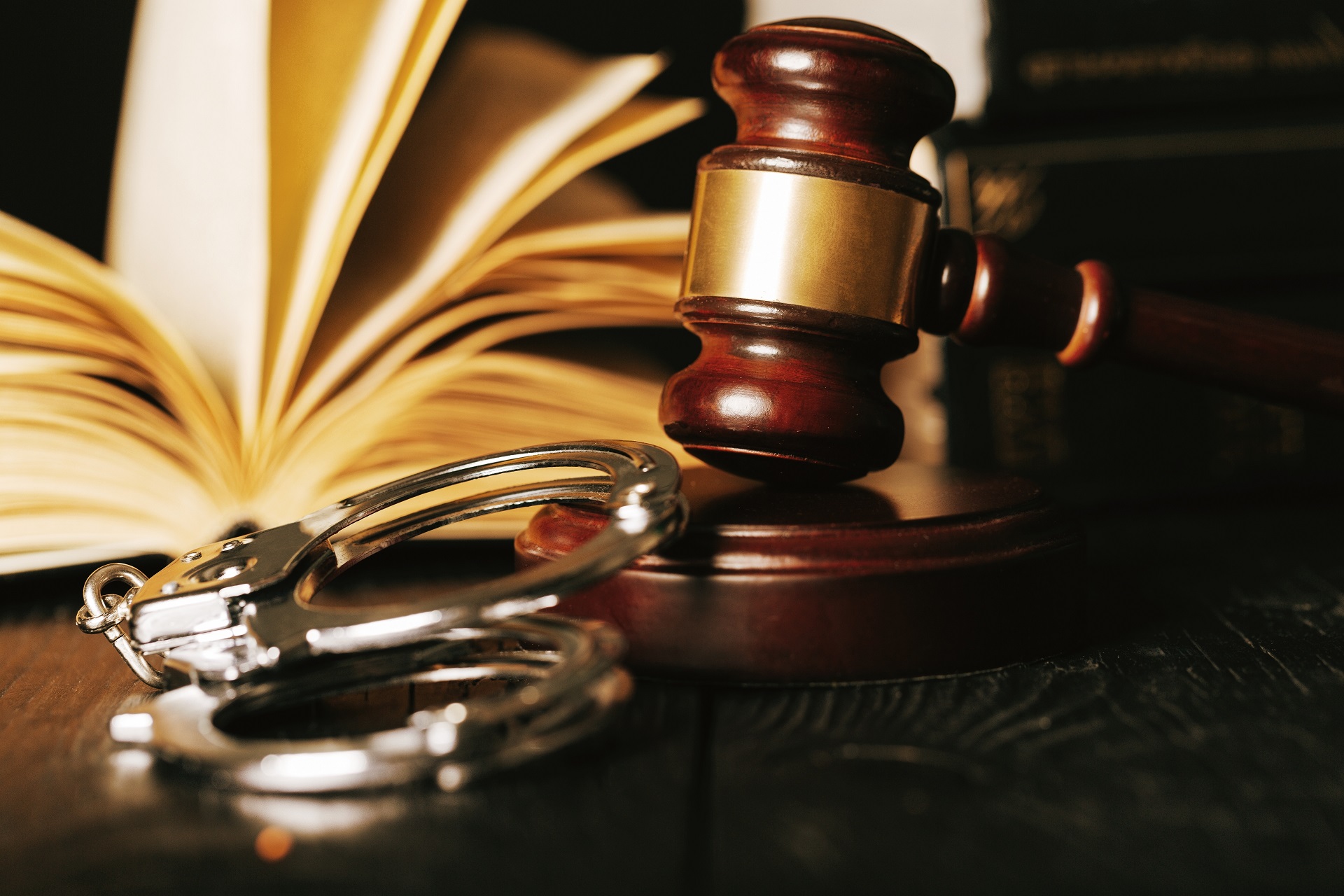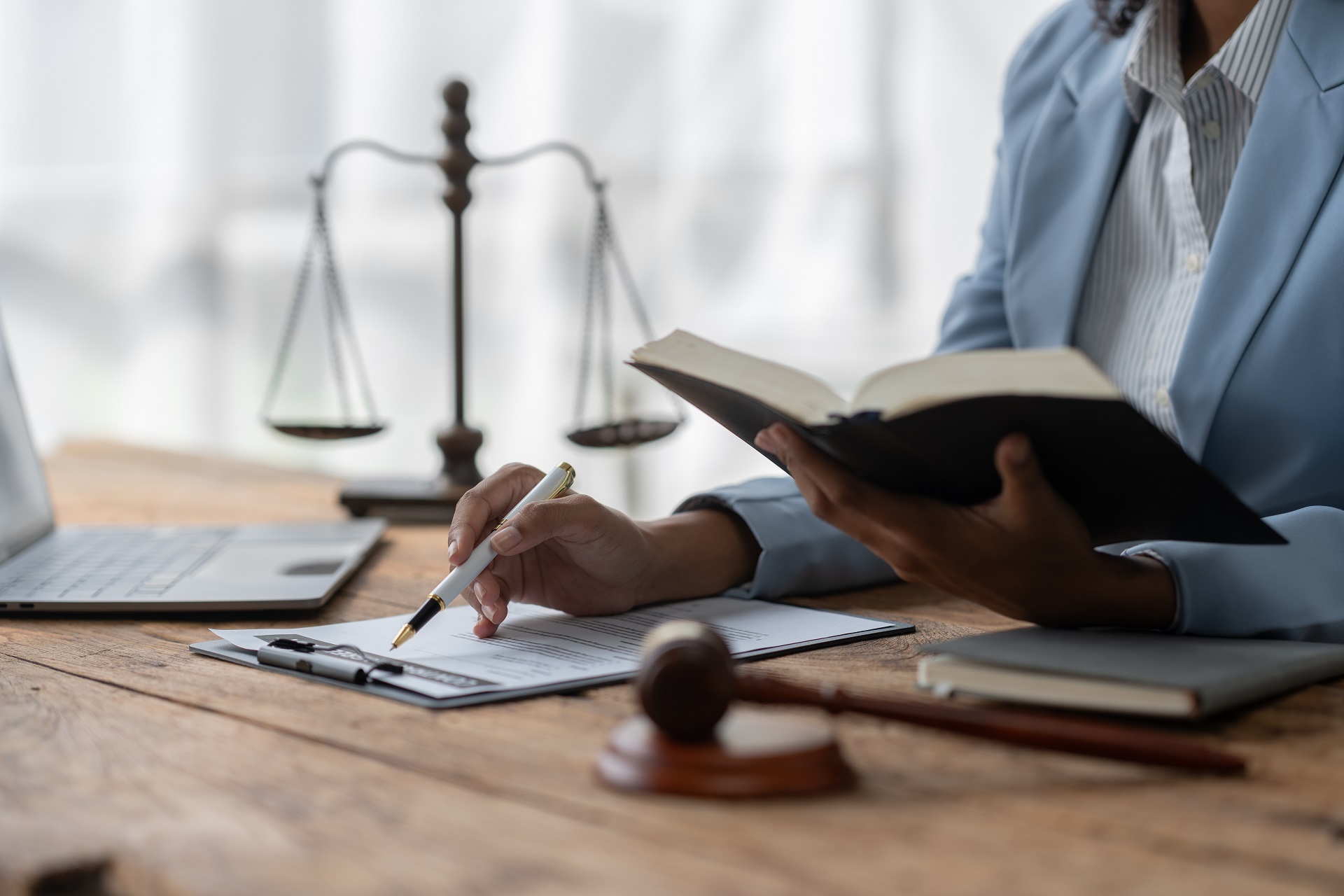The Consequences of Violating a Domestic Violence Protection Order in Washington State
Victims of domestic violence in Washington state may seek protection from their abuser by filing a petition for a Domestic Violence Petition Order (DVPO). While most petitioners require these legal protections, there are instances in which someone may misuse the system, leading to disastrous consequences for the alleged abuser falsely accused of domestic violence. If someone has sought a DVPO against you, contact a knowledgeable and understanding Seattle attorney right away to discuss your options. Even though your first impulse may be to contact the accuser to talk through the issue, this action could result in criminal charges or harsh penalties. Instead, work with your attorney to assess the situation from every angle and identify the most strategic path forward. Below is a brief overview of how DVPOs work in Washington, the potential penalties for violating a DVPO, and what steps you can take to fight back against false accusations of domestic violence.
How Domestic Violence Protection Orders Work
The person seeking a DVPO must file a petition in the District or Superior court (usually in the county in which the Respondent resides). Under RCW 10.99.020, domestic violence “includes but is not limited to any of the following crimes when committed either by (a) one family or household member against another family or household member, or (b) one intimate partner against another intimate partner”: assault, reckless endangerment, coercion, criminal trespass, rape, stalking, and other similar offenses. You may file for a DVPO if you are experiencing physical harm, bodily injury, assault, stalking, unlawful harassment, coercive control, or sexual assault (or if you fear imminent physical harm or bodily injury) but a family or household member.
The petitioner must complete the petition, pay the associated filing fees and other costs, provide supporting documentation, and attend a hearing. The petition will be served on the respondent, who must reply and appear at the hearing to defend themselves against the allegations. If the judge determines to issue the protection order, the respondent must adhere to all the terms outlined in the DVPO. Violations may lead to serious consequences.
Penalties For Violating a Domestic Violence Protection Order
It’s essential to recognize that the terms of a DVPO often vary from situation to situation. These types of orders typically prevent the respondent from harming, harassing, or contacting the petitioner, and they may also require the respondent to attend counseling sessions or include revised custody or visitation orders. Any violation of these requirements can lead to significant consequences. For instance, you can still be accused of violating a DVPO if the petitioner contacts you and you respond. Unless the petitioner terminates the order through the civil court, you must observe all the terms of the DVPO or risk the consequences.
Most protection order violations are considered gross misdemeanors under Washington state law. If convicted, you could face up to one year in jail, a maximum fine of $5,000, or both. The court may also require you to submit to electronic monitoring, which you must pay for. More serious violations that occurred through an act of reckless endangerment or assault (or, if the respondent has two or more previous convictions for similar offenses), you could face class C felony charges, punishable by up to five years in prison and up to $10,000 in fines. Just keep in mind that your mileage may vary and that your specific circumstances may expose you to additional risk.
How to Defend Against Accusations of Domestic Violence
Family and intimate relationships are inherently complex and emotional. Unfortunately, some people may abuse the system and make false allegations of domestic violence, leading to devastating consequences. If you have been wrongly accused of harassing, stalking, assaulting, or threatening someone, you should contact a caring and dedicated King County attorney as soon as possible. Your attorney will assess the specifics of your situation and advise you on the best course of action. No matter what, it’s always in your best interest to cease all contact with the alleged victim—even if they reach out to you. Even commenting on their social media posts or sending them a seemingly innocent text can lead to severe consequences.
Whether you need help responding to a DVPO petition or you are facing accusations of violating the terms of a protection order, seek the counsel of a knowledgeable and compassionate lawyer to help you navigate this challenging time. You and your attorney can develop a sound legal strategy that protects your rights and keeps your future as bright as possible. Now is not the time to leave your future up to chance—reach out to a trusted attorney today to get started.
Reach out to the Hemmat Law Group today by calling (206) 682-5200 to speak with an experienced and compassionate Seattle family law attorney.
The Hemmat Law Group (HLG) was founded in 1994 by Steven Amir Hemmat, a former DOJ Trial Attorney. We specialize in family law, supporting victims of the legal system.
Hemmat Law Group help good people in bad situations.
Our lawyers provide expert legal advice connected to protection orders, including in cases of domestic violence, stalking and neighbor disputes. Contact us today.














